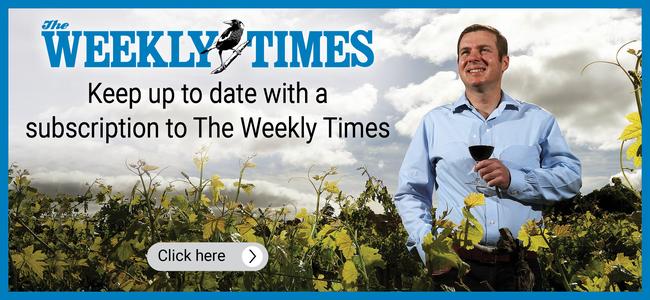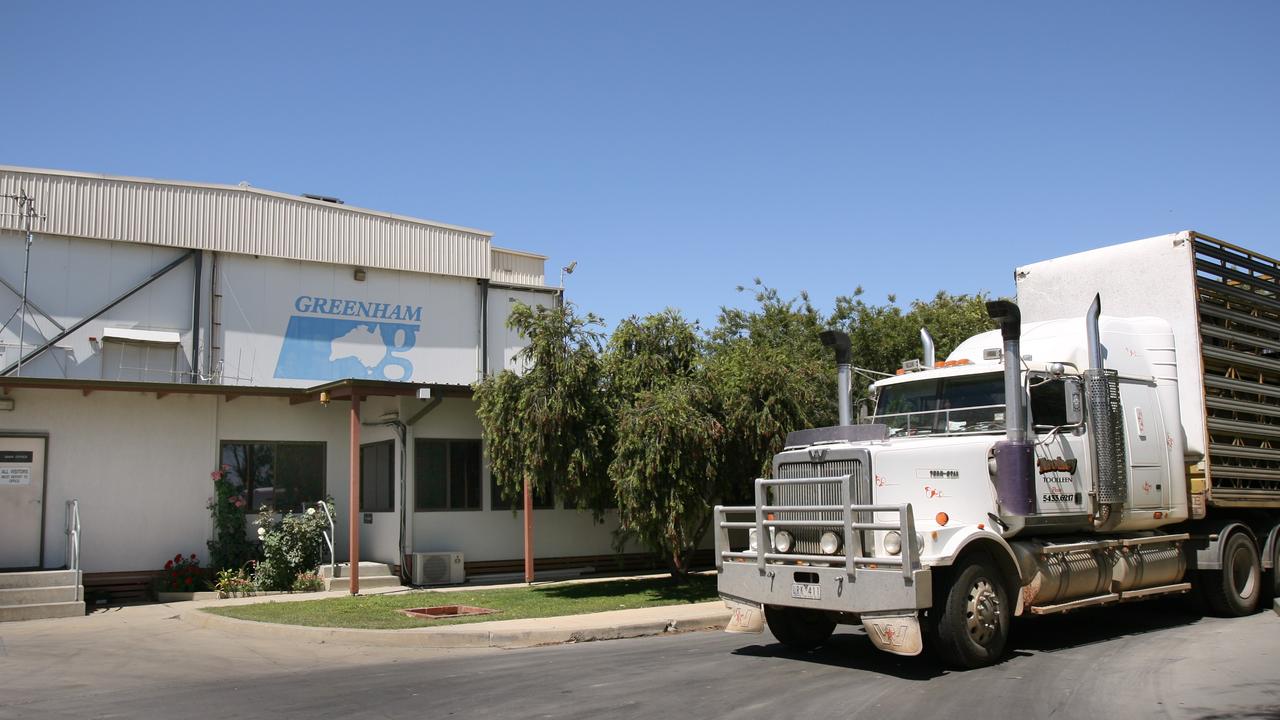Nuffield scholarship focus on animal welfare and profitability
Animal welfare might be mostly commonly associated with negative connotations but the opportunities for potential gains from welfare standards are undeniable, a leading farmer says.

This story is free to read, but there has never been a more important time to stay connected to the news. For a limited time you can get a special digital subscription to The Weekly Times from as little as $1.30 a week for four weeks*.
THE opportunities for potential gains from welfare standards are undeniable.
That’s despite the topic of animal welfare being “most commonly associated with negative connotations and the vulnerability to significant liability and losses”, according to grazier Alistair Corr.
Alistair, from Moura in central Queensland, recently completed a Nuffield Scholarship where he studied the effect that a range of wellbeing factors before, during and after transport had on the production value of cattle.
In his scholarship report he wrote that while farm profitability was the key to maintaining welfare standards, the focus of production needed to be mindful of consumer expectations and trends, and through continual improvements in animal welfare, consumer needs could still be satisfied and farm profitability increased.
“This profitability is not just achieved through demonstrating standards at the retail level, but also at the production level, through reduction in productivity losses and commodity discounting,” Alistair said.
“Having an understanding of the causes of stress and an animal’s reaction to this, any time the animal is handled and transported, provides the opportunity for a positive influence.
“Although the variation of each individual animal’s response to the same stressor is enormous, even under identical circumstance, the effects of stress are generally consistent on average. By attempting to influence the bulk average, significant gains can be achieved, without being prescriptive in approach, although those willing to focus on the finer details can be rewarded in doing so.
“If the reaction to how well animal-welfare standards being met in beef cattle were as measurable as the milk yield response to the wellbeing of a Girolando cow, producers could easily quantify their influence.”
DAILY DUTIES
ALISTAIR said through his ownership and management of beef cattle he was responsible for “these businesses to be ethically sincere and entirely sustainable”.
“This incorporates many facets of operational, environmental and animal-welfare factors on a daily basis,” he said.
“An increasingly important aspect of any business that is directly involved with or associated with livestock today is the need for the animals within our care to have basic physical, material and mental wellbeing.”
Alistair said the ethical component of providing these basic needs and satisfying consumer expectation and providing purchasing confidence had by far the greatest positive gain for the beef industry.
In addition he said there was a significant economic benefit in having cattle that could withstand the rigours of handling and transport through maintaining body weight and condition, and the resulting high meat quality at slaughter.
“The ability to positively influence cattle through a range of factors, and have measurable improvements in saleable value and animal health, has the potential to increase industry profitability at all levels,” he said.
“With so many cattle handled, transported and slaughtered on a daily basis in Australia, the benefits in being able to improve each animal’s experience during these processes are far-reaching.”
WORLD STAGE
ALISTAIR’S Nuffield travels took him to the US, Japan, Netherlands, UK, Ireland, New Zealand and Brazil “with surprising insights coming from the most unexpected places”.
He said the study’s objective was to create awareness of the consequential benefits of beef cattle wellbeing during handling and transport through:
OUTLINING the impact that stress can have on cattle during handling and transport.
DETAILING the direct influences that can be manipulated to minimise this stress.
HIGHLIGHTING the effectiveness of other indirect tools.
DISCUSSING the opportunities for the industry through setting and maintaining high standards of animal-welfare policy and their advocacy.
In making his recommendations, Alistair said a cattle transport symposium in Australia offered the potential for information sharing and improvements in the sector.
He also there was a need for clearer communication, transport monitoring devices that could offer incredible feedback for all parties as well as accountability for those responsible and an objective basis for demonstrating adherence to welfare standard policy.
Alistair said transparency was one of the strongest drivers of marketability and this should continue to be promoted to allow consumers to make buying decisions based on fact.
With consumer engagement, to retain market share for beef and constructively challenge any disrupters to the industry trust had to be gained.
“It would seem that trust is the precursor to knowledge and understanding,” Alistair said. “This is achieved through informing the consumers of the production processes of all agriculture products, with transparency and accountability being the highest priority.”
MORE
CLIMATE CHANGE: AGRICULTURE CHARTS ITS OWN COURSE FOR EMISSIONS REDUCTIONS
ANGUS GENES: ALMOST HALF THE NATIONAL HERD WITH ANGUS ROOTS
MEN ACCUSED OF MASS HORSE KILL TO FIGHT CHARGES IN SUPREME COURT




